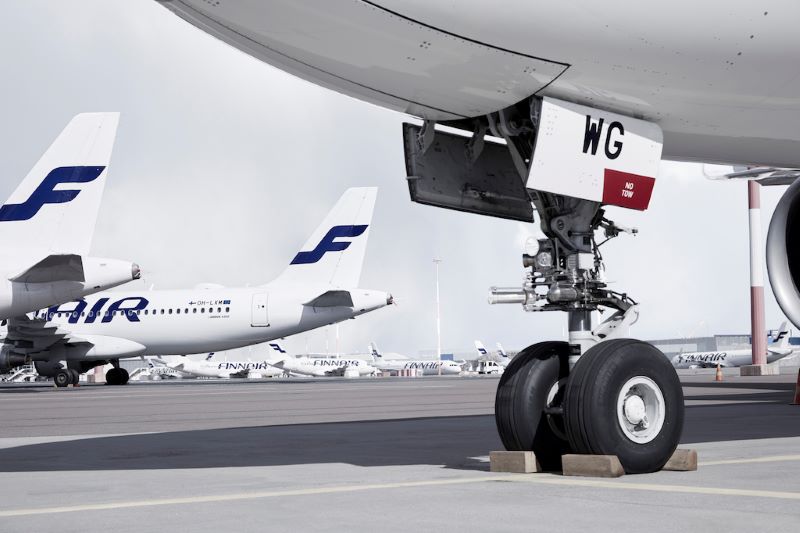
(TAN): Finnair has updated its traffic programme for October because the demand for air travel in the airline’s network has recovered slowly due to the Covid-19 pandemic and related travel restrictions. Consequently, the previously published traffic programme cannot be implemented, the airline said.
Finnair has reduced flights from its traffic programme and flies approximately 70–80 daily flights instead of the previously planned approximately 200 flights.
Finnair said it communicates flight cancellations directly to affected customers and offers customers an alternative flight when possible. Customers can also opt for a full refund of the ticket, if the new flight offered is not suitable.
[ALSO READ: Lufthansa, CENTOGENE are collaborating for fast, reliable Covid-19 tests at airports]
“We want to maintain critical connections for Finland to European centres and to our most important Asian destinations, as travel is vital for the Finnish business community,” says Ole Orvér, Finnair’s chief commercial officer. “However, as travel restrictions have a direct impact on demand, operating the traffic programme we published earlier is unfortunately not feasible.”
Finnair will serve 42 destinations in October, but frequencies will be reduced on almost all routes. Route starts planned for October to destinations like Bergen, Barcelona, Madrid, St. Petersburg and Stuttgart will be postponed, as well as domestic destinations, Turku and Tampere. Long-haul flights continue to focus on Tokyo, Seoul, Hong Kong, and Shanghai, which are also important cargo destinations. A Nanjing route is operated during September and October. Finnair will also continue cargo-only flights to New York and Singapore.
[ALSO READ: Fourth Hyatt Place Hotel of Boston area opens in Seaport District]
Finnair continues to update its traffic programme according to demand. In October 2019, Finnair flew about 350 flights a day and had more than 100 destinations in Europe, Asia and North America.
Finnair last month said it had begun co-operation negotiations on its plan to reduce up to 1,000 jobs, to make other structural changes and to implement additional temporary layoffs due to the impacts of the corona pandemic.




